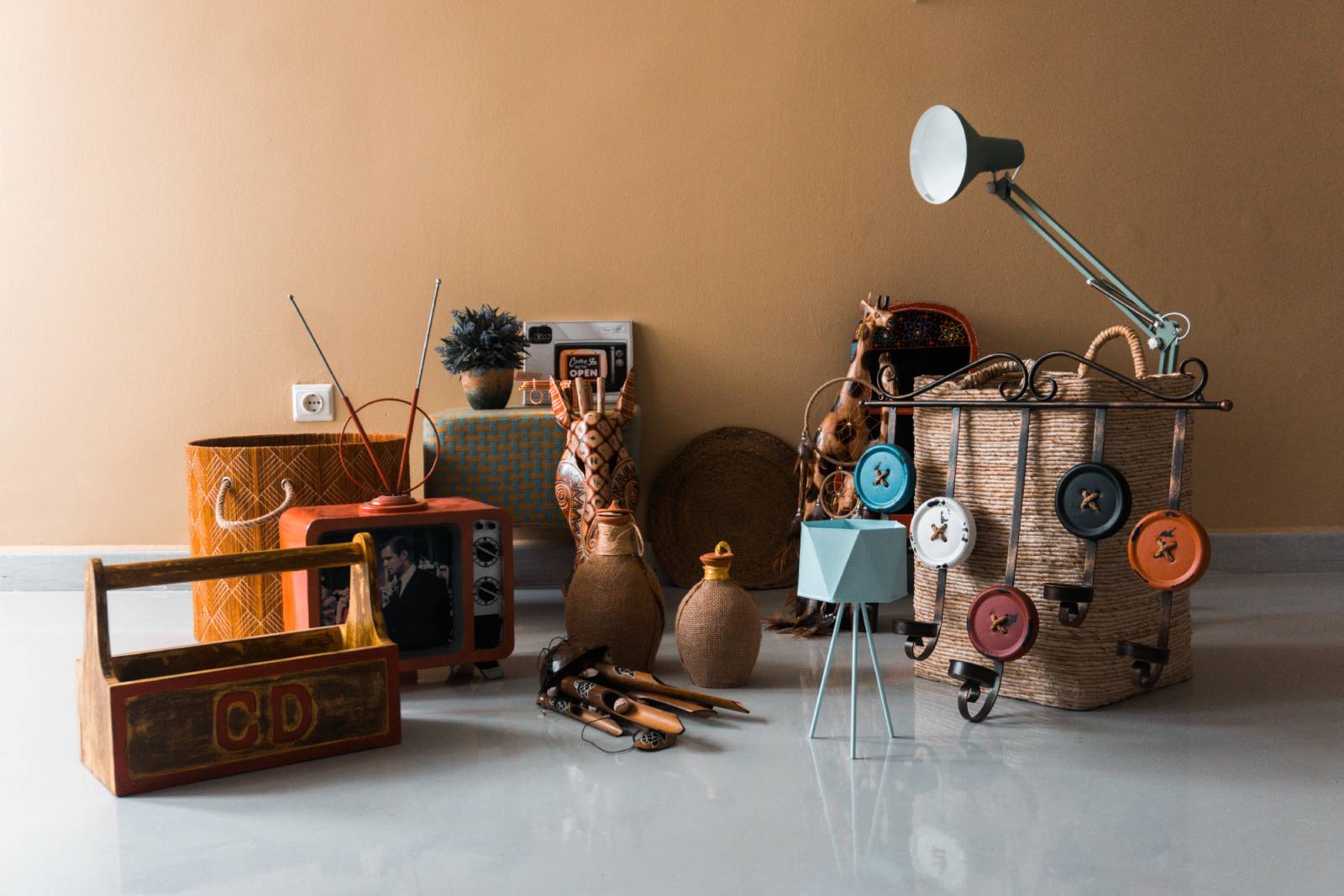In a world where waste is a growing concern, a grassroots organisation in the United Kingdom is revolutionising the way we approach reuse and sustainability. Freegle, a UK-based online platform, is dedicated to making it easy for people to give away and receive items for free, keeping them out of landfills and promoting a circular economy. In this article, we’ll delve deep into Freegle, exploring its origins, mission, and key features.
Table of Contents
The Origins of Freegle
Freegle, a portmanteau of “free” and “glee,” was established in 2009 as the UK’s version of Freecycle, an American-based platform for giving away and receiving items for free. Inspired by the successful model of Freecycle, a group of British volunteers passionate about reducing waste and promoting sustainability came together to create a platform tailored to the unique needs and sensibilities of the UK market. The idea was simple but powerful: instead of discarding usable items, why not give them away to someone who can put them to good use?
Freegle’s Mission: Reducing Waste and Promoting a Circular Economy
At the heart of Freegle is a simple mission: to reduce waste by promoting the reuse of items. Every year, millions of usable items are thrown away in the UK, contributing to landfill waste and squandering valuable resources. By providing a platform for people to connect and exchange unwanted items, Freegle helps to promote a circular economy, wherein resources are used and reused efficiently, minimizing waste and environmental impact.
How Freegle Works: Connecting Donors and Recipients
Freegle is designed to be user-friendly, making it easy for people to give away and receive items for free. The process involves the following steps:
- Create a Freegle account: To begin, users must create a free account on the Freegle website or mobile app.
- Join a local community: Freegle is organised into local communities, so users can easily find and connect with people nearby. After signing up, users can join their local community and start browsing available items.
- Post an offer or wanted ad: Users can either post an offer, listing an item they want to give away, or a wanted ad, indicating an item they are looking for. These posts are visible to members of the local community.
- Arrange a pickup: When a recipient expresses interest in an offered item, the donor can review their request and choose who they’d like to give the item to. Once a match is made, the donor and recipient can arrange a convenient time and place for the item to be picked up.
Etiquette and Guidelines for Using Freegle
Freegle operates on a foundation of trust and goodwill, and users are encouraged to follow a set of guidelines to ensure a positive experience for all involved:
- Items should be offered for free, with no strings attached.
- Users should be courteous and respectful in all communications.
- Donors should accurately describe the condition of items they are giving away.
- Recipients should be punctual and reliable when arranging pickups.
- Users should not post advertisements, spam, or any other inappropriate content.
By adhering to these guidelines, users can contribute to a friendly, safe, and welcoming environment that promotes the spirit of reuse and community connection.
The Impact of Freegle on the Environment and Local Communities
Since its inception in 2009, Freegle has made a significant impact on waste reduction and the promotion of sustainable practices in the UK. With over 2 million members and thousands of items being exchanged every day, Freegle helps to divert countless items from landfill, reducing the environmental footprint of its users and contributing to a more sustainable future.
Moreover, Freegle fosters a sense of community and connection among its members. The platform enables people to come together, share resources, and support one another, helping to create stronger, more resilient communities. The act of giving and receiving items for free not only benefits the environment but also promotes a spirit of generosity and collaboration that can have a lasting impact on local communities.
Freegle in the Future: Growth, Innovation, and Collaboration
As Freegle continues to grow, the organisation remains dedicated to expanding its reach and impact. By refining its platform, forging partnerships with like-minded organisations, and engaging in ongoing outreach efforts, Freegle aims to further promote the values of reuse, sustainability, and community connection throughout the UK and beyond.
With innovative features such as its mobile app and partnerships with local councils, Freegle is poised to continue making a difference in the lives of its users and the health of the planet. By participating in this reuse revolution, individuals can contribute to a more sustainable, equitable, and connected world, one free item at a time.
Conclusion
Freegle is a powerful tool in the fight against waste and the promotion of sustainability in the UK. By providing a platform for people to give away and receive items for free, Freegle helps to keep valuable resources out of landfills and foster a sense of community and connection among its members. As the platform continues to grow and innovate, its impact on the environment and local communities will only increase, ensuring that the reuse revolution continues to gain momentum.

